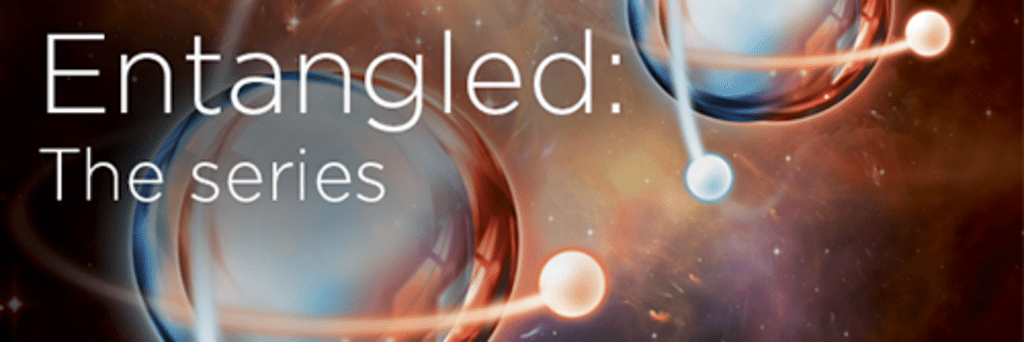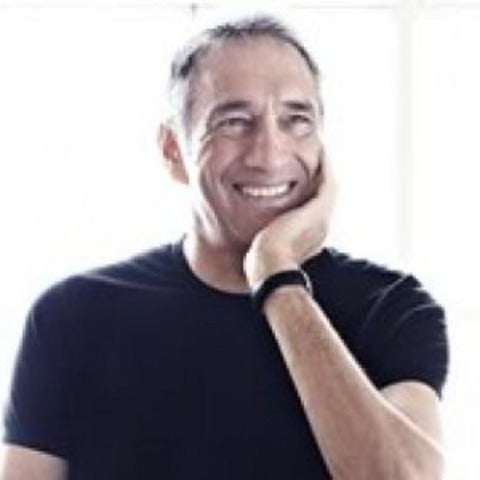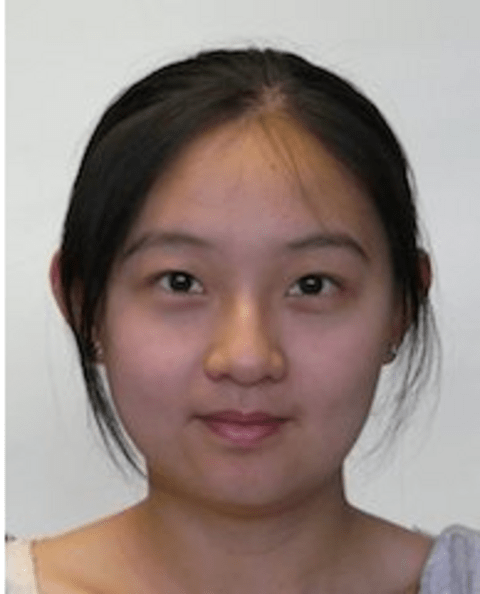Entangled: The series – QUANTUM + logic
Quantum mechanics reveals that at its core, the world is not as it seems – it is far more interesting.
In the quantum world, outcomes are counter-intuitive, differing from what we expect based on our everyday experiences. The particle physicist Richard Feynman remarked that this means we seem to have to walk “a logical tightrope” when we talk about a quantum system.


 Featured Speaker: Dr. Ron Dembo
Featured Speaker: Dr. Ron Dembo
 Xiaodong Ma: Topological insulator and the quantum anomalous Hall effect
Xiaodong Ma: Topological insulator and the quantum anomalous Hall effect